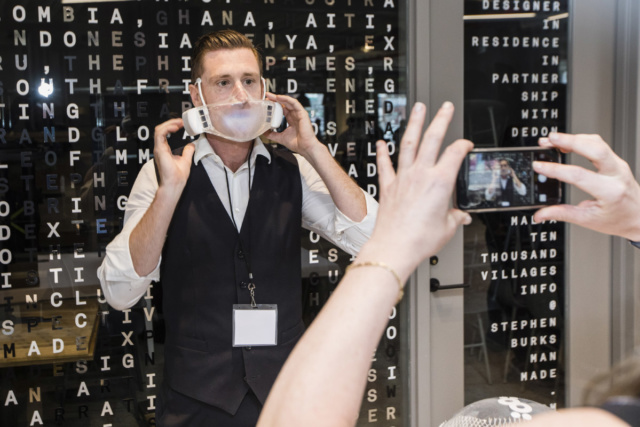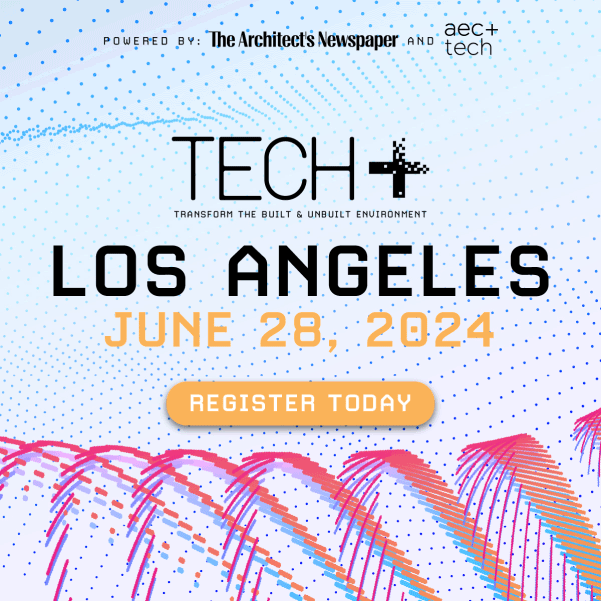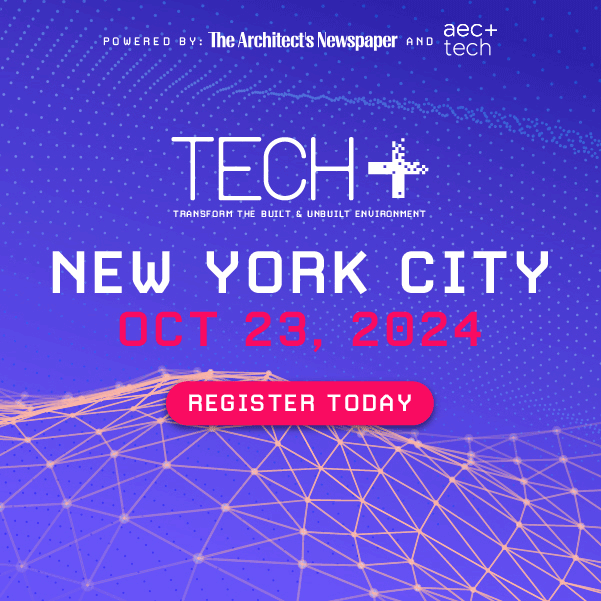
Meet the incubators and accelerators producing the new guard of design and architecture start-ups. This is part of a series profiling incubators and accelerators from our April 2018 Technology issue.
The age of the car as we know it appears to be winding down—that is, if the diverse initiatives started by car companies is any indication. For example, in Greenpoint, Brooklyn, the BMW-owned MINI recently launched A/D/O, a nARCHITECTS-design makerspace and the headquarters of URBAN-X, an accelerator for start-ups seeking to improve urban life.
Although URBAN-X is only two years old, the company has hit the ground running thanks to MINI’s partnership with Urban Us, a network of investors focused on funding start-ups that use technology to improve urban living. Through that partnership, URBAN-X is able to use its funding from MINI to take on companies that lack finished products or established customers and then connect them to the Urban Us community.

Through a rigorously programmed five-month semester, up to ten start-ups at a time work with in-house engineering, software, marketing, and urbanism experts and given access to the outside funding and political connections that URBAN-X is able to leverage. Competition to join the cohort is fierce, especially since the chosen companies are given $100,000 in initial funding. Architects, planners, urban designers, construction workers, and those with a background in thinking about cities have historically applied.
At the time of writing, the third group had just finished its tenure and presented an overview of its work, at A/D/O, at a Demo Day on February 9. The companies have since followed up with whirlwind tours to court investors and realize their ideas.

The diversity of projects that have come out of URBAN-X represents the wide-ranging problems that face any modern city. The solutions aren’t entirely infrastructure-based, either. For example, Farmshelf has gained critical acclaim by moving urban farming into sleek, indoor “growing cabinets”; Industrial/Organic is turning decomposing food waste into electricity; and Good Goods has created a platform for smaller retailers to occupy space in large vacancies by pooling money. Ultimately, as cities evolve and become more interconnected, addressing the problems found within them will require ever more complicated and multidisciplinary solutions.
The fourth URBAN-X cohort will be announced on May 10, 2018.
Notable alumni include:
A start-up that uses sensor-integrated streetlights to map traffic patterns.
A technology company that claims its spherical sensor for self-driving cars is cheaper and more effective than the LiDAR (light detection and ranging) currently in widespread use (likely a win for MINI and BMW).
A platform that encourages human engagement in smart cities.
A tool that uses smartphone monitoring to improve road maintenance.0
This software aggregates urban planning data and uses AI to optimize everything from emergency response times to park planning.



